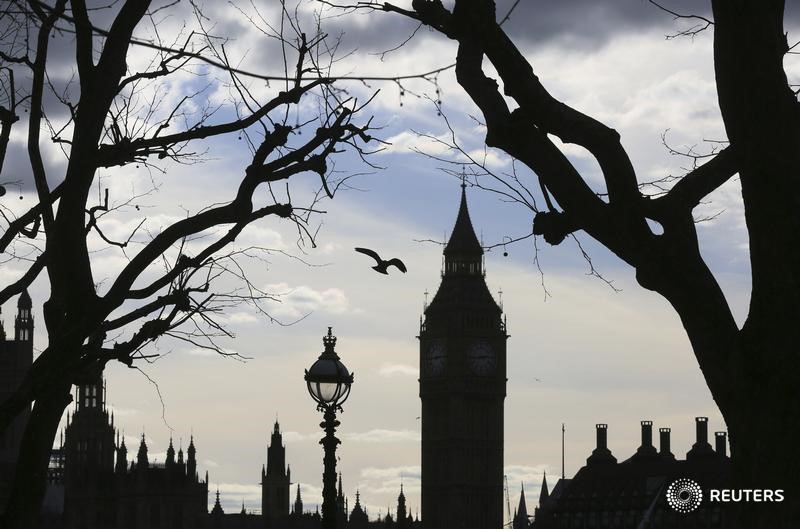This post was originally published on this site
https://i-invdn-com.akamaized.net/news/LYNXNPEC2F17C_M.jpg
Central to Sunak’s announcement last month was the Job Retention Bonus, a 9.4 billion-pound program which pays employers 1,000 pounds for every employee they take back out of furlough and retain for three months. He has since acknowledged the plan has a “deadweight” cost, as taxpayers will pay companies to rehire staff they would have taken back regardless.
On Friday, Labour’s shadow chief secretary to the Treasury, Bridget Phillipson, wrote to the National Audit Office to request a probe into whether Sunak’s package represents value for money.
“The chancellor’s Job Retention Bonus risks handing over billions to businesses that were already planning to bring their workers back from furlough,” Phillipson said in a statement. “Labour accepts that no scheme can be perfect — but a poorly targeted and wasteful scheme is a missed opportunity. That’s why the NAO should investigate.”
The opposition party has repeatedly called for more targeted support to those parts of the economy most affected by the pandemic, an approach Sunak has suggested is too complicated because of the inter-linkages between sectors.
Criticism
Sunak’s stimulus has also come under criticism from the Institute for Fiscal Studies, which said that not all of it is new money. The think tank cited research by the Office for Budget Responsibility suggesting the final bill for the package could be just 20 billion pounds and, of that, 8 billion pounds had been diverted from other previously planned expenditure.
“The 30 billion-pound package turns out to be more like 12 billion pounds of additional spending plus some 8 billion pounds or so reallocated from previously planned projects,” IFS Associated Director David Phillips said. “While such reallocations may be perfectly sensible — the Covid-19 crisis may have made some projects less of a priority or even infeasible in the short term — official policy documents should be clear what is happening and where spending is expected to be lower than previously planned.”
Separately, the House of Commons Treasury Committee, a cross-party panel which scrutinizes the work of Sunak’s department, said it would begin an inquiry into what the tax system should look like after the coronavirus pandemic.
The probe will look at how the U.K. can protect its tax base in the face of pressures from globalization and technological change, as well as whether there is a role for windfall taxes post-pandemic, the committee said in a statement.


